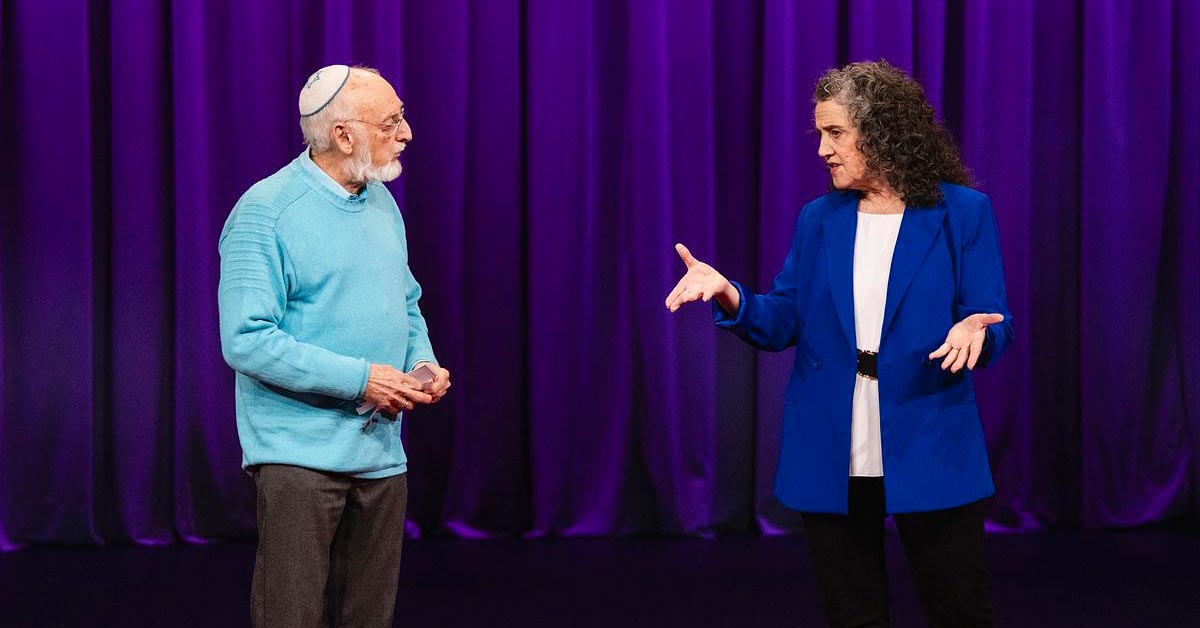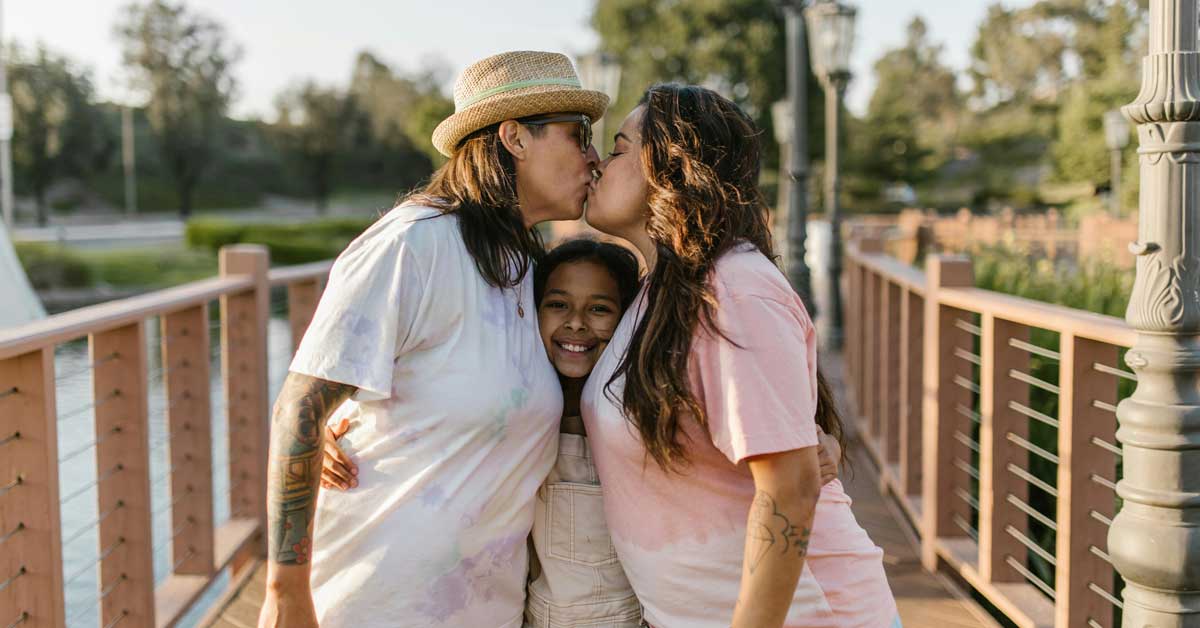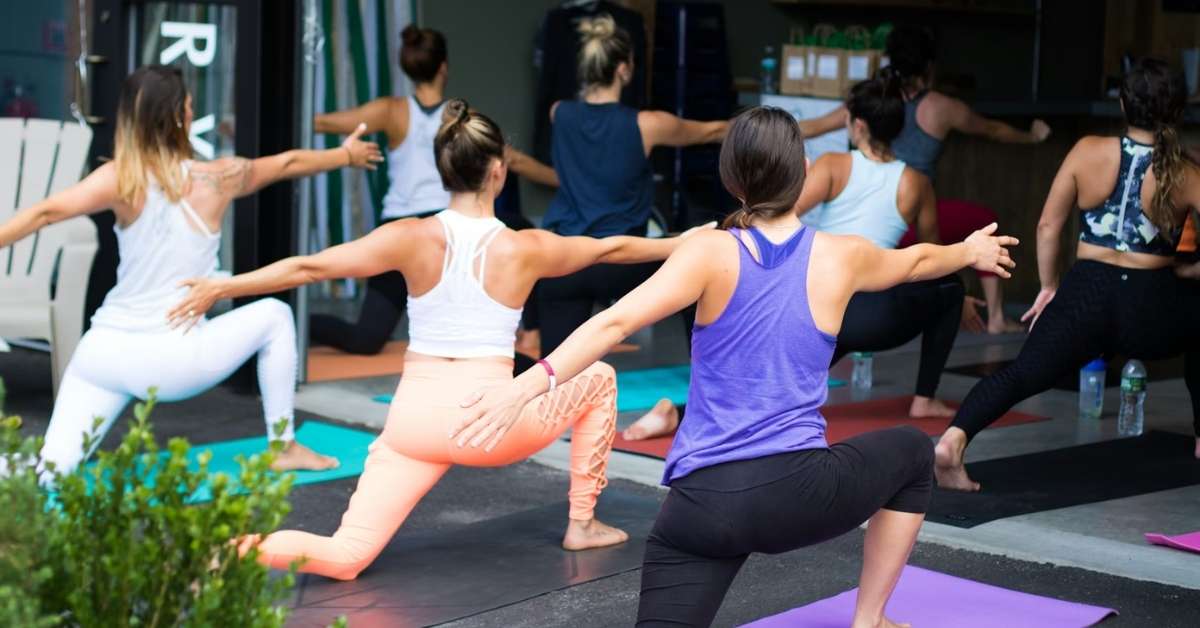A fight with your partner about the same bad habit. A tiff with a roommate over something as simple as a single dirty dish. An all-out brawl with a sibling over some decades-long family dynamic. Another election season in a political system that pits groups of people against each other in a seemingly endless loop.
Conflict — as awful as it may feel — is intrinsic to any relationship.
It’s so universal, Drs. John and Julie Gottman have spent over 40 years studying it.
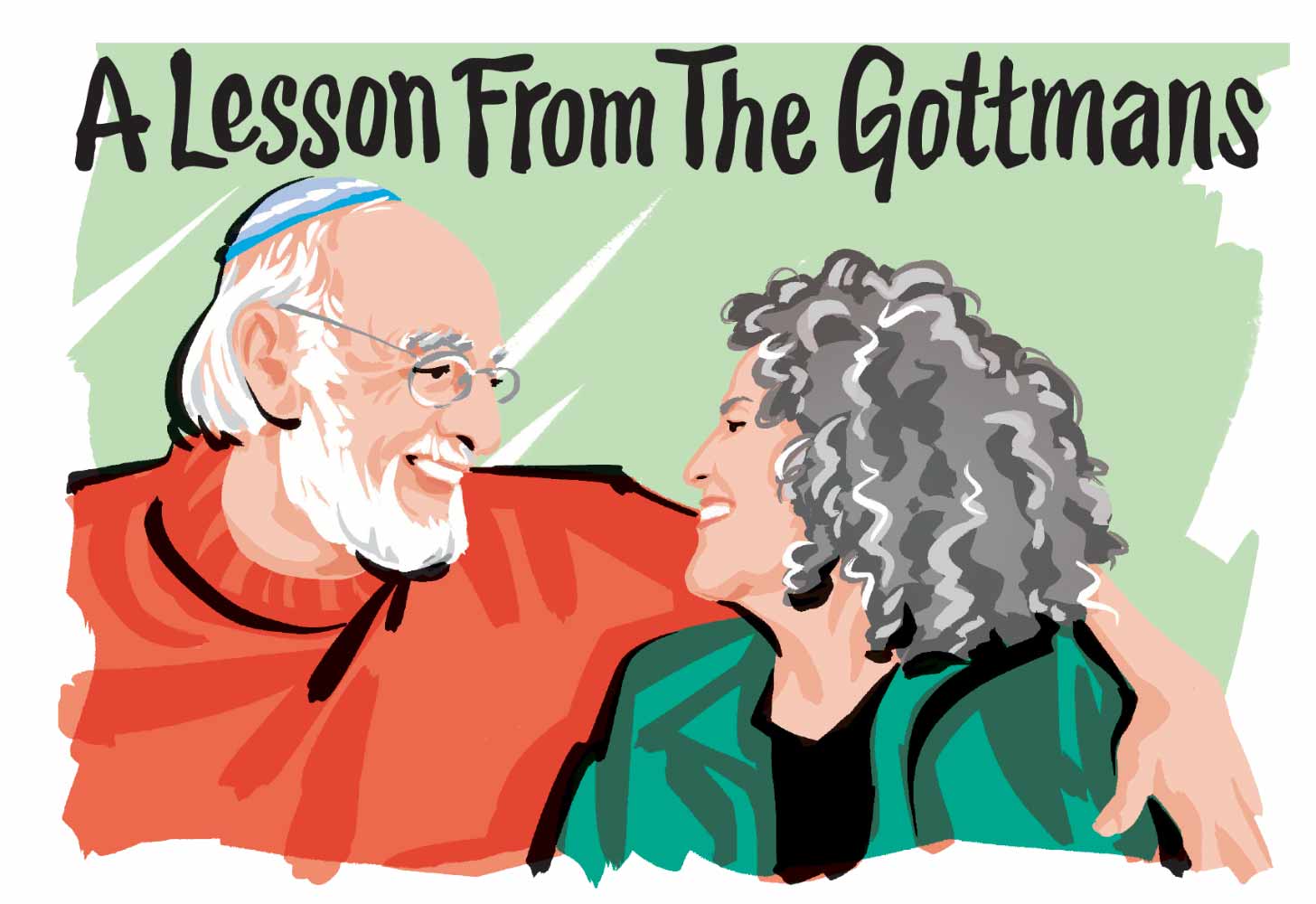
Their life’s work includes some of the world’s foremost research on long-lasting relationships at the University of Washington’s “Love Lab,” and has led to dozens of books, a handful of TED Talks, and the training of countless clinicians around the world.
Their company, The Gottman Institute, creates educational materials and resources for couples, families, organizations, and licensed therapists.
As Julie told Good Good Good, in the decades they have spent doing this work they have observed time and time again: “Conflict can really lead to greater understanding between people.”
The trick is approaching conflict with a goal to understand; not to conquer.
“Speak in such a way that you don't sabotage yourself getting listened to,” Julie said. “That means avoiding criticism, contempt, defensiveness, totally shutting down, or stonewalling.”
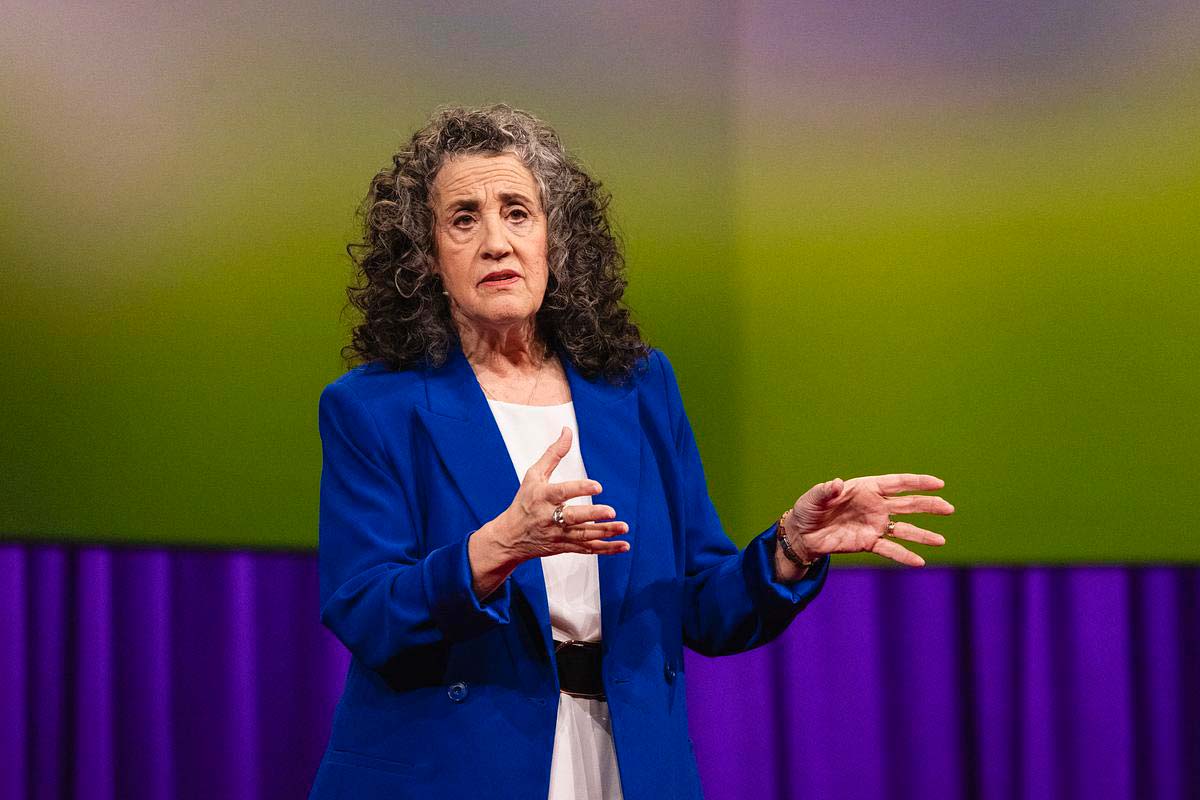
These behaviors are what the Gottmans call The Four Horsemen, and identifying them, they believe, is key to changing course. But avoiding the apocalyptic mechanisms isn’t the only thing that makes conflict manageable.
“Also, what's super important is listening, of course, and many of us, when we are trying to listen, there's a voice inside of us that is formulating a rebuttal rather than really listening to the content of what the other person is saying,” Julie said. “Which is a mistake.”
The best way to listen, they say, is to ask questions that deepen your understanding of the other person you are communicating with — with no other agenda.
“The understanding really has to precede any resolution,” Julie said.
The Gottmans have studied all kinds of people — couples especially — and believe their findings can be translated to almost any instance where people relate to one another.
In the midst of further political divides in the U.S. — and all the crises of the moment — most calls to action require us to build a better future together. But we can’t do that if we don’t first come to terms with the fact that conflict will inevitably crop up — with people who share our values, let alone with people who seem most misguided to us.
Ultimately, “building coalitions” and “bridging divides” is just a fancy way to say “we need to get better at conflict resolution and problem-solving.”

And that means starting at square one: confronting our past traumas.
“You have to process past emotional injuries that happen during bad conflicts. That's where the discomfort is often coming from,” Julie explained. “There are leftovers that haven't been digested yet and haven't really been integrated into your understanding of each other.”
The reason old emotional wounds need to be healed, John added, is that if left unaddressed, these wounds can erode trust in current and future relationships.
“When there’s not trust,” he said, “it’s very hard to really believe that a resolution will hold.”
To build trust, people need to understand each other. And in a climate where others’ viewpoints or opinions might seem totally opposed or unrecognizable compared to our own, that’s a big ask. But Julie broke it down, step-by-step.
- Each person talks about what they felt during an argument or conflict. Just name the feelings; do not explain why.
- Each person presents their own narrative of what they believe happened, while the other takes notes to summarize what they learned. The key is to eliminate criticism and just describe one’s own internal world, such as: “I imagined you were thinking x,” or “I fantasized you felt y.”
- Each person then gives the other a summary of what they heard the other say.
- Discuss old emotional wounds that may have been triggered.
“You take a look at your feelings and see if any of those feel familiar,” Julie said. “How old are they anyway? When did they start?” - Each person takes responsibility for their part in the conflict, adding what they specifically want to be accountable for, and how they can avoid this same disagreement in the future.
When this process happens, wounds heal instead of continuing to hurt.
“The festering wound fades away,” Juile said, “and people feel better and feel a little more hope and have a little more faith that, okay, the other person did make some sense in their narrative, and maybe I don't know everything, and we can carry on.”
A step-by-step plan can feel a bit sterile in our messy, human relationships, but during those discussion points in the Gottmans’ conflict-resolution approach, getting curious and asking big questions is key.
“You're asking about ethics, beliefs, values that underlie somebody's position on an issue,” Julie said. “You're asking, is there some history to how the person formulated this position? What are their feelings about it?”
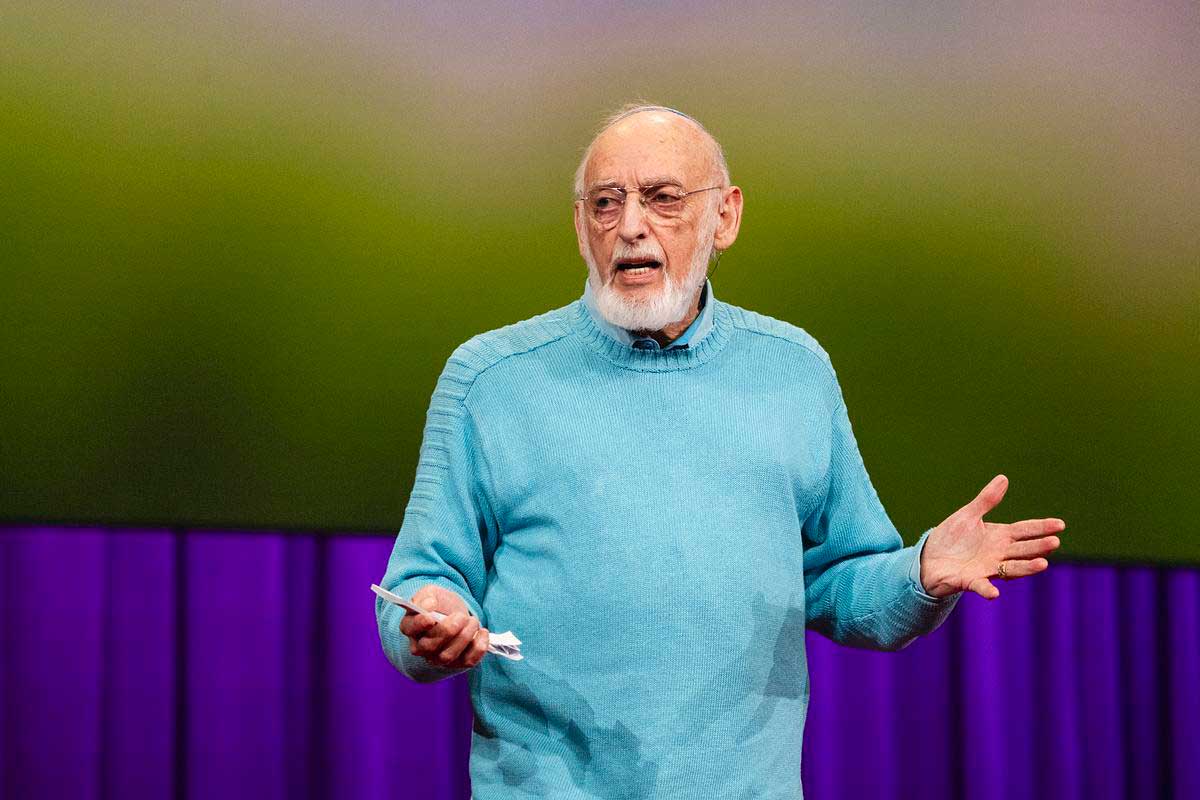
John added: “What's their ideal dream?”
Especially in communities aimed at creating solutions to the world’s biggest injustices, that ability to create a shared vision is especially prominent.
John explained that dreams are often “hidden agendas” that rarely get brought to the surface and are instead shrouded by practicalities and details.
But a shared dream, like a cleaner playground in the neighborhood, or a desire for more public artwork, for instance, can bring people together and establish core relationship pillars.
“If you move from the relationship level to a community level, and people aren't invested in the community, there's not that commitment to the community, and they haven't maintained a level of trust in one another, the techniques don't really work that well,” John said.
“The community has to have a light that burns bright as a prerequisite, just like a love relationship.”
In other words: To effectively build community, you need to give a damn.
“People talk about what their dream is, but don’t stop there,” Julie said.
“Somebody needs to be asking, what would it mean to you if this dream was fulfilled, if this actually came to pass? How would that change your life? Go deeper and deeper in terms of really understanding where somebody is coming from. Trust is based on knowing. You can’t trust without knowing. And the way you know them is exploring with open-ended questions.”
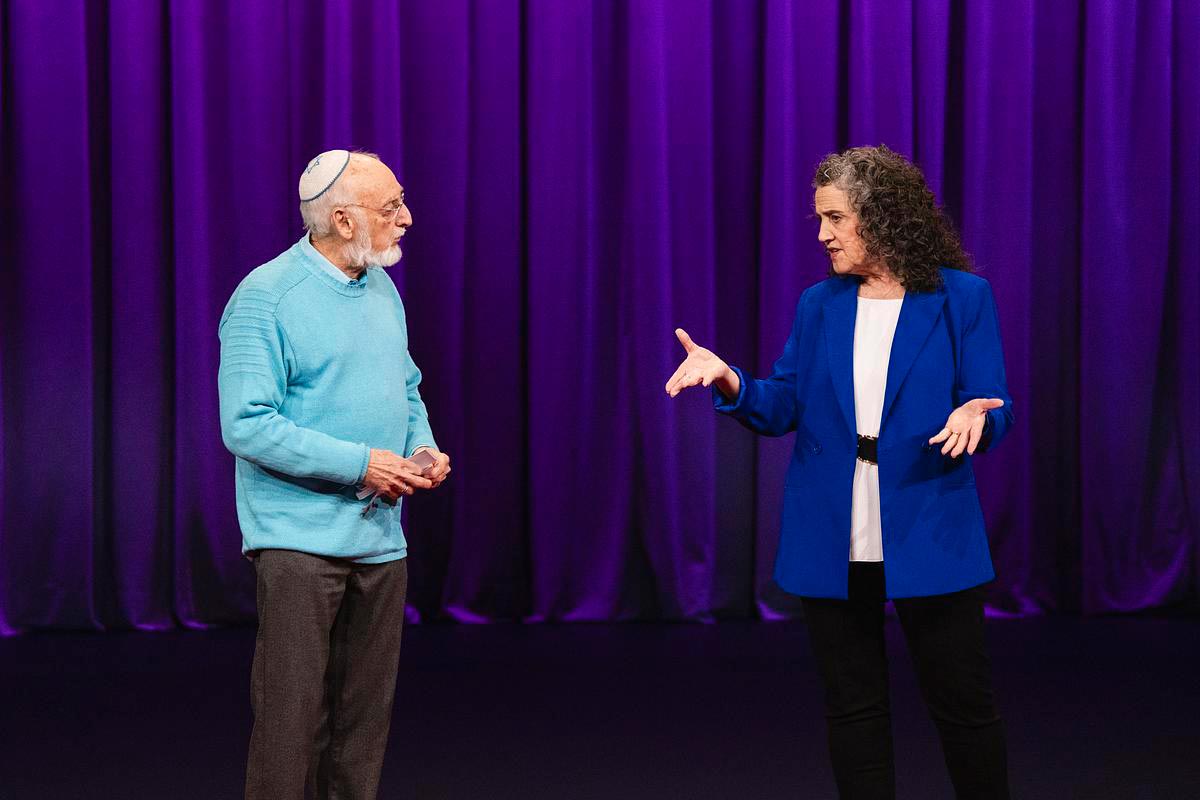
And, as much as it might hurt our pride, if we want to form a united front, we need to be in community with people we don’t always agree with.
“We have to want to understand. You’ve got to look and try to appreciate their human experience,” Julie said. “One of the hardest things to do is to step into somebody else’s shoes, but it’s also one of the most important things we can do, to, in a nutshell, solve the world’s problems.”
Being solution-oriented, while standing in our convictions, is a highway toward tension and disagreement. But instead of conflict being a threat to our beliefs, the Gottmans say it can lead to a transcendent bond of shared responsibility.
After all, resolving conflict doesn’t require us to impose binaries of “right” or “wrong,” “win” or “lose.”
Julie said the goal is to simply get to a place where you can earnestly say, “I can understand why you might feel that way.”
“That doesn’t mean [you’re in] agreement,” she added. “It doesn’t mean the other person saw it the same way. It just means you stepped into their shoes.”
You may also like: How to prioritize your mental health when you are living through yet another historical event
A version of this article was originally published in The 2025 Relationships Edition of the Goodnewspaper.
Header image by Gilberto Tadday / TED
